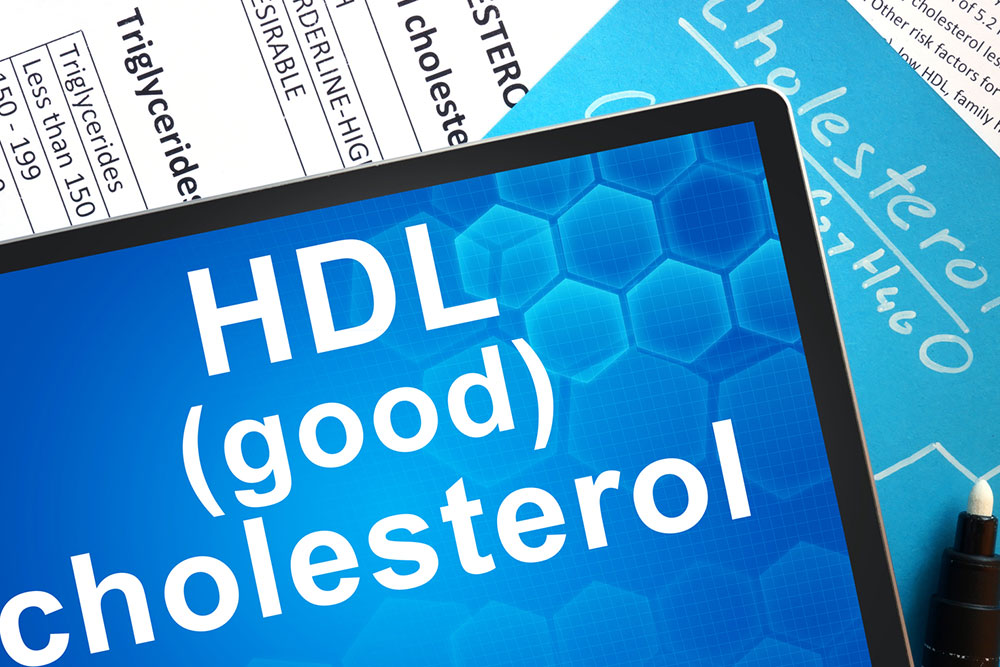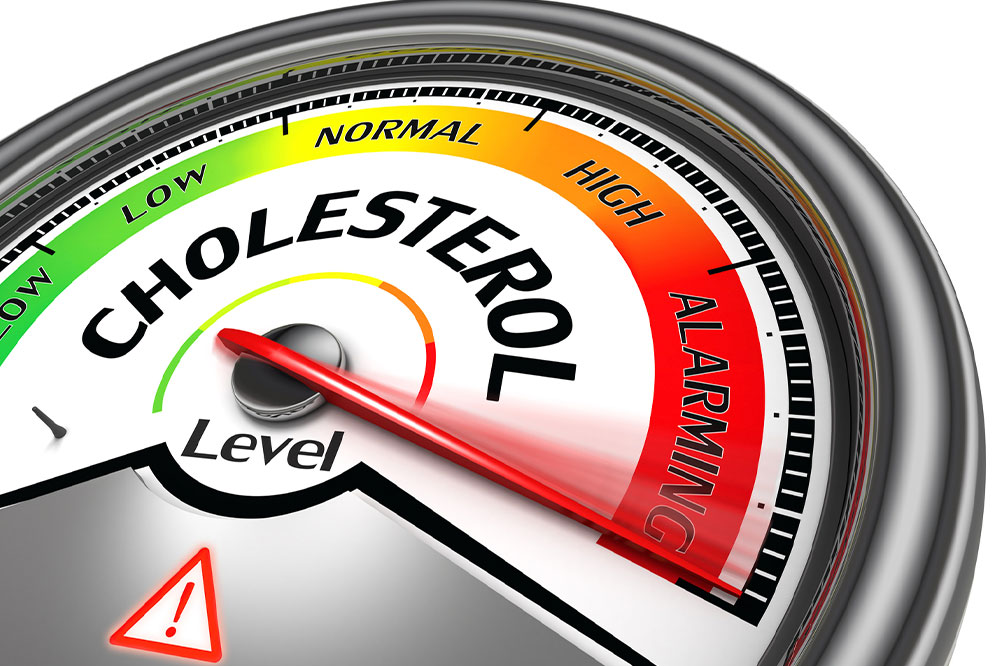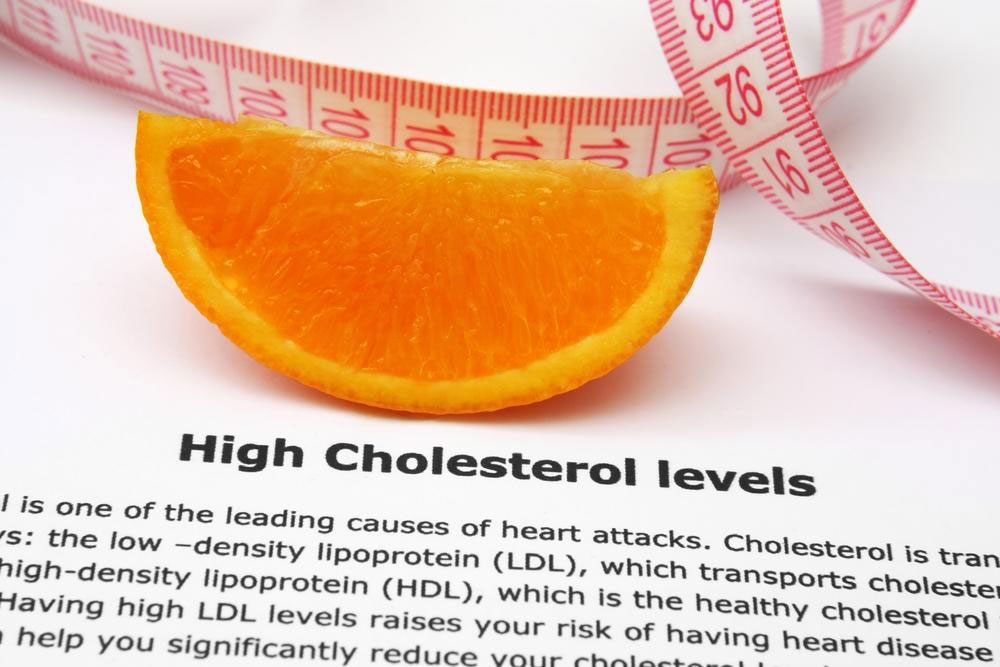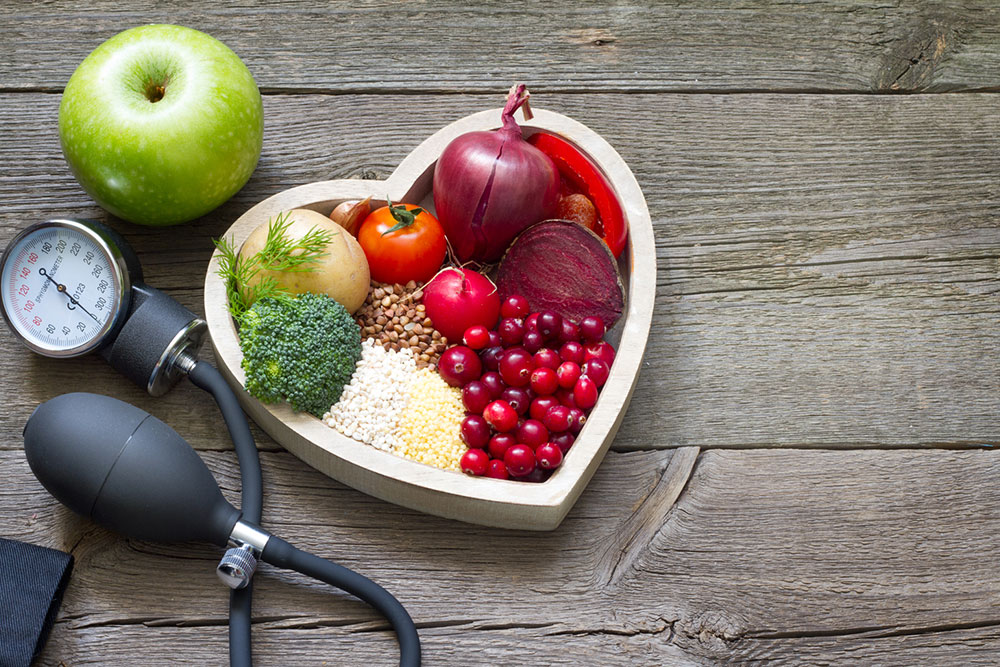Natural Approaches to Lower Cholesterol Through Diet
Explore effective natural methods to lower LDL cholesterol through diet and lifestyle. Incorporate heart-friendly foods like fruits, vegetables, whole grains, and fatty fish, while limiting saturated fats and trans fats. Maintaining a balanced diet and active lifestyle can significantly improve cholesterol health, reducing cardiovascular risks without medication.

Natural Approaches to Lower Cholesterol Through Diet
If you're seeking natural methods to reduce LDL cholesterol, understanding the role of diet is essential. Cholesterol supports cell functions and moves through the bloodstream via lipoproteins—specifically LDL (bad) and HDL (good). HDL helps clear cholesterol, transporting it to the liver for removal, while high LDL levels can lead to artery buildup, raising heart disease risk. Maintaining a healthy balance between these lipoproteins is crucial for cardiovascular health.
Factors like poor diet, inactivity, smoking, and genetics can increase LDL cholesterol. Incorporating heart-healthy foods and lifestyle adjustments can naturally improve cholesterol levels without medication.
Key dietary recommendations include:
Fruits and Vegetables: Contain soluble fiber that binds to cholesterol, facilitating its excretion. Rich in antioxidants, and low in calories.
Whole Grains: Oats, barley, and legumes provide insoluble fiber that boosts digestion and reduces cholesterol absorption.
Low-fat Dairy: Choose skim or low-fat dairy options over full-fat products to support healthy cholesterol levels.
Lean Proteins: Skinless poultry such as chicken and turkey supply high-quality protein with less saturated fat. Remove skin before cooking.
Fatty Fish: Salmon, mackerel, and sardines are loaded with omega-3 fatty acids, promoting heart health. Best prepared baked or grilled.
Nuts and Legumes: Unsalted almonds, walnuts, and other nuts offer monounsaturated fats and protein beneficial for the heart.
Healthy Oils: Use oils rich in omega-3s and monounsaturated fats, like flaxseed, canola, walnut, and avocado oils.
Cereals: Opt for high-fiber, low-sugar cereals to aid digestion and lower cholesterol levels.
Soy Products: Including tofu and soy milk helps balance LDL and HDL levels due to their high protein content.
Plant Sterols and Stanols: Naturally occurring compounds that hinder cholesterol absorption when added to your diet.
Fiber Supplements: Can support cholesterol management by reducing absorption of dietary fats.
Foods to limit or avoid include:
Saturated Fats: Present in red meats, processed meats, chocolates, and baked goods. Consume sparingly.
Trans Fats: Found in hydrogenated oils, fast foods, margarine, and some snacks, harming HDL and raising LDL levels.
Sweets and Desserts: Limit sugary treats, pastries, and processed snacks.
Full-fat Dairy: Reduce intake of butter, ice cream, and cream-based products.
Alcohol and Smoking: Moderation and cessation are vital for maintaining healthy cholesterol levels.
In summary, a heart-healthy lifestyle combining a balanced diet and regular activity is essential for natural cholesterol control. Consult your healthcare provider about medications and regularly monitor your levels for optimal health.


